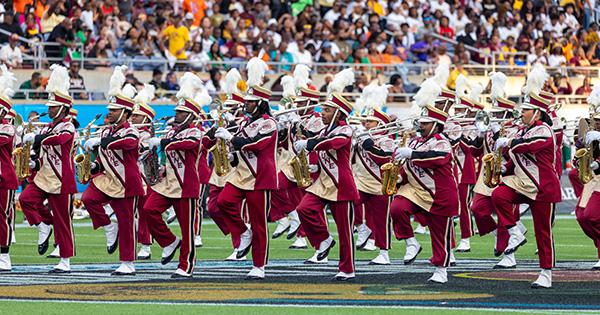Why Naomi Osaka Should Be Supported For Her Courage
After winning in the first round of the 2021 French Open, tennis superstar Naomi Osaka announced that she is leaving the tournament after stating that she is skipping press conferences for the necessity of her mental health. She posted on Twitter about her decision.
“I think now the best thing for the tournament, the other players and my well-being is that I withdraw so that everyone can get back to focusing on the tennis going on in Paris,” Osaka said in a note. She stated that she experiences anxiety while speaking to the media, even though she has a good relationship with them.
“The truth is that I have suffered long bouts of depression since the US Open in 2018 and I have had a really hard time coping with that,” she wrote.
Media interviews are mandatory for participants of the French Open, also called Roland-Garros. Organizers of the tournament said in a joint statement with international tennis bodies Sunday that Osaka was fined $15,000 for failing to honor her “contractual media obligations.” Officials also said she could be kicked out of the tournament if she continued to skip press obligations.
For the most part Osaka has received online support from starts such as Seattle Seahawks quarterback Russell Wilson and others for her willingness to speak up about her anxieties. Unfortunately, there were others who used their platforms to demonize her for making a decision that was best for her. People like Piers Morgan, who’s no stranger to controversy, decided to take to Twitter and use racially charged language in his unwarranted attack on Osaka.
She didn’t deserve the vitriol that Morgan and some other white sports commentators have used because she’s expected to act “a certain way.” However, this is what has been the norm for Black and Brown athletes, among others. There’s an expectation that today’s young people are spoiled and entitled, but perhaps they are just more aware of their mental state, and are more open about what they are experiencing. It’s reasons like this why people are afraid to speak out about their mental state, and why during this Mental Health Awareness Month we need to be more expressive on anything from anxiety to depression, without fear of people who only respond with a “suck it up” response. It’s just quite hypocritical when Morgan is coming at Osaka when just a month ago he walked out on a live broadcast because he didn’t want to address his comments towards Meaghan Markle when a co-host challenged him.
Credit to tennis legend Billie Jean King, who is at the very least trying to show understanding as she expressed on Twitter.

Walking away to heal is more important than just “sucking it up” to win more trophies. If this means we won’t see Osaka for another year or so, so be it. The best thing for her is to take care of her health, and we as Black and Brown people are at a point where we have options, and there is nothing wrong with exploring those as such. Being open about our mental state today could prevent us from experience even more problems down the line.
As for Osaka, she continues to champion not only for her own mental health, but for that of others. During her hiatus, she plans on talking with tour officials on trying to speak with them on addressing these arcane rules.
“I’m gonna take some time away from the court now, but when the time is right I really want to work with the Tour to discuss ways we can make things better for the players, press and fans,” she said on Twitter.



